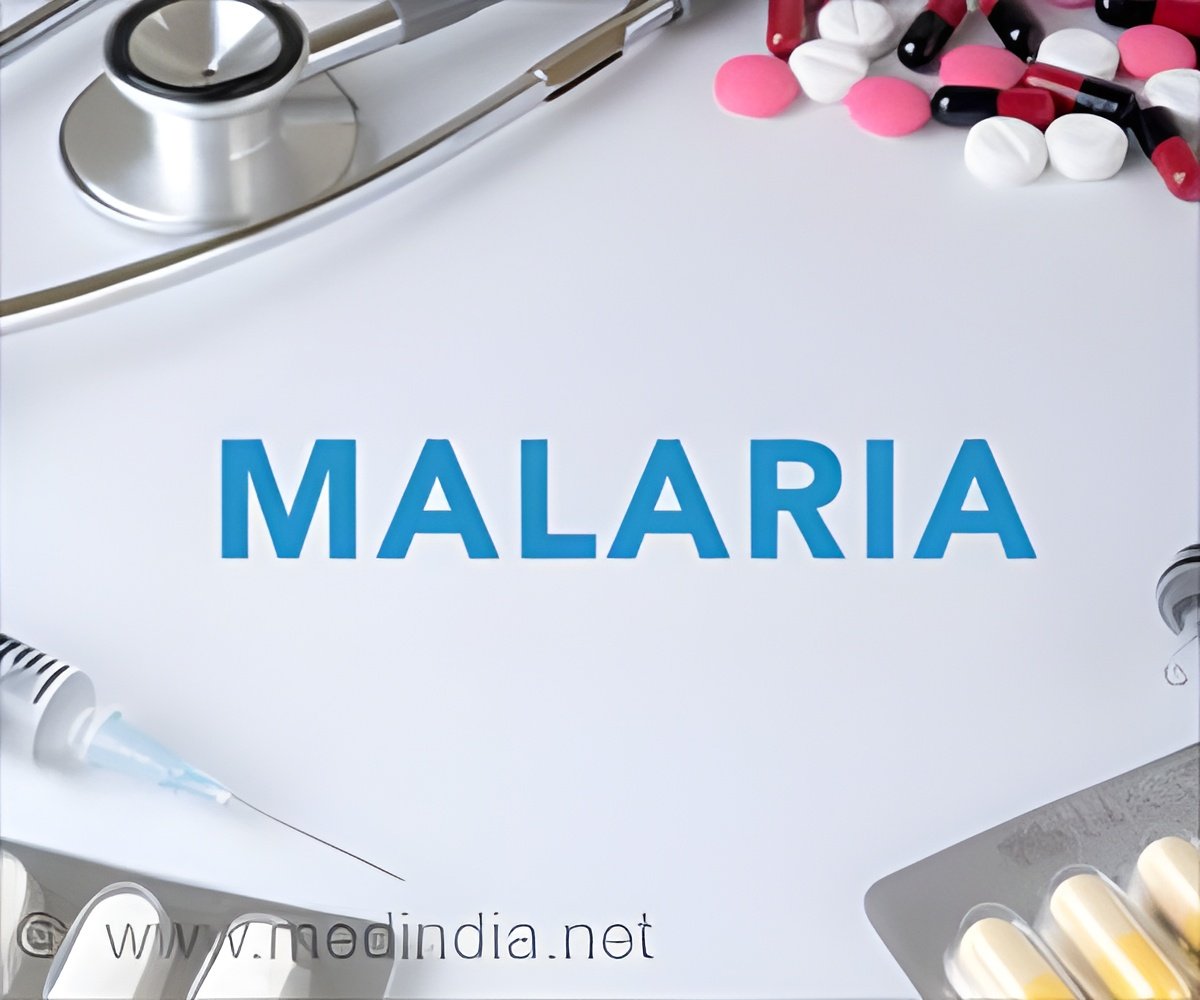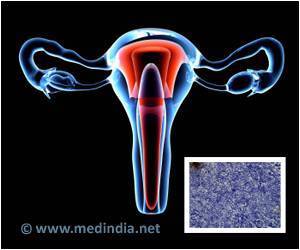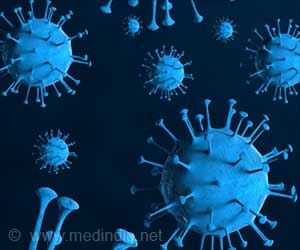
A groundbreaking £3 malaria vaccine (1✔ ✔Trusted Source
Malaria vaccines (RTS,S and R21)
) is set to be administered to African babies, potentially paving the way for eradicating the disease within a decade. Developed by a team at the University of Oxford, the R21 jab will first be given to infants under two years old in the Ivory Coast and South Sudan.
Malaria Vaccine: New Insights
This milestone culminates 30 years of research into a malaria vaccine, aimed at combating a disease that claims over 600,000 lives annually, with the majority being children under five in Africa. The Serum Institute, responsible for manufacturing the vaccine, has already produced 25 million doses and has the capacity to scale up to 100 million doses per year.
Malaria, a life-threatening disease spread by mosquitoes, remains a major global health challenge, particularly in Africa, where it claims the life of a child every two minutes. Symptoms include fever, headaches, vomiting, and muscle pain, and prompt medical attention is crucial.
The vaccine, funded by Gavi, the World Health Organization, and governments including the UK’s, is poised for introduction in 15 African countries by year-end, with another 15 nations expected to follow suit. Approved for children up to three years old, the vaccine has demonstrated up to 79% efficacy in trials against the deadliest strain of malaria prevalent in Africa.
Sir Adrian Hill, director of the Jenner Institute at Oxford and involved in developing both the AstraZeneca Covid vaccine and the new malaria jab, expressed optimism, noting that malaria eradication could become a reality within the next decade. The vaccine targets the parasite responsible for malaria and is slated for upcoming trials to evaluate its effectiveness in pregnant women.
Reference:
- Malaria vaccines (RTS,S and R21) – (https://www.who.int/news-room/questions-and-answers/item/q-a-on-rts-s-malaria-vaccine)
Source-Medindia



